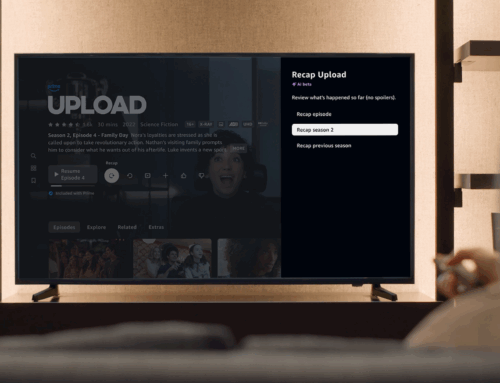Grant Cardone Says a House Is a ‘Terrible Investment’: Do Fellow Experts Agree?
March 30, 2025
Real estate mogul Grant Cardone made waves recently when he called homeownership a “terrible investment,” suggesting Americans would be better off renting and putting their money elsewhere.
Read More: 25 Places To Buy a Home If You Want It To Gain Value
Find Out: 8 Common Mistakes Retirees Make With Their Social Security Checks
But is the self-made millionaire right about the American dream being more of a financial nightmare? Let’s see what other financial experts have to say.
Cardone has been vocal about his belief that buying a home isn’t the wealth-building strategy many Americans think it is. He points to factors like mortgage payments often being double the cost of rent in many markets, along with additional expenses like property taxes, insurance, and maintenance that eat away at potential returns.
Instead, Cardone suggests investing in income-producing assets that generate cash flow rather than tying up capital in a primary residence.
Discover Next: 10 Home Features That Have Decreased the Most in Popularity (And How Much Homes with Them Cost)
Thomas J. Brock, CFA and expert with Annuity with over 20 years of experience in investments and corporate finance, partially agrees with Cardone’s assessment.
“If viewed solely as a financial endeavor, I agree with Grant Cardone on the notion that a house is a relatively subpar investment,” said Brock. “Generally, owning a home is not going to produce a return that competes with that of a diversified investment portfolio of stocks and income-generating assets.”
However, Brock points out the important distinction that most people don’t buy homes just for financial gain. “Owning a home can provide one with levels of security, stability, and privacy that are not achievable via most rental arrangements,” he remarked.
Fabio Ruggeri, CEO and founder at MenthorQ, offers a more analytical perspective, comparing real estate returns to other investment vehicles.
“In many parts of the [U.S.], the average annual appreciation has been between 4 to 6% annually,” said Ruggeri. “Now, simply investing in an SPX ETF would have [beaten] this by 2 to 4% over 30 years. Annual returns for SPX pre-earnings is around 8 to 10%, and after dividends we are looking at 10%.”
Ruggeri goes further, suggesting that more sophisticated investment strategies like options trading could potentially yield even higher returns for knowledgeable investors.
Arron Bennett, CEO of Bennett Financials, takes a different view, highlighting the long-term benefits of homeownership that Cardone may be overlooking.
“What he’s not considering is that, in the long term, lower to middle-class individuals may not have the discretionary spending money they need when they retire,” Bennett explained.
Bennett points to the value of eventually owning an asset outright: “Think about someone who is 25 years old right now and buying their first house. Over the next 25 to 30 years, they’ll be paying it off, and once that’s done, they’ll have an asset they no longer need to make payments on — an asset they can also pass down to their heirs.”
He suggests Cardone is primarily focused on short-term cash flow rather than long-term financial security. He pointed out that real estate may not appreciate at the same level as the S&P 500, but it does provide free cash flow in retirement, which is important for many.
Bennett also notes that Cardone’s viewpoint might be influenced by his business interests. “When he makes these statements, we have to recognize that he’s positioning things in a way that benefits his fund, allowing him to attract more investors and raise more capital,” he said.
So, do experts agree with Cardone’s assessment? The answer is nuanced. While most acknowledge that purely from an investment returns perspective, homeownership often underperforms compared to other investment vehicles, they also point out that Cardone’s analysis misses important factors:
-
Homeownership provides intangible benefits beyond financial returns
-
A paid-off home offers significant financial security in retirement
-
Real estate can be a vital wealth-building tool for the average American
-
Housing is both an investment and a consumption good
Perhaps Brock sums it up best: “Buying a home still makes a lot of sense for some people, especially given the prospect of modest and consistent price appreciation.”
The decision to buy or rent ultimately depends on personal circumstances, financial goals, risk tolerance, and local market conditions. While Cardone’s perspective offers food for thought, most experts suggest a more balanced view that considers both the financial and non-financial aspects of homeownership.
More From GOBankingRates
This article originally appeared on GOBankingRates.com: Grant Cardone Says a House Is a ‘Terrible Investment’: Do Fellow Experts Agree?
Terms and Privacy Policy
Search
RECENT PRESS RELEASES
Related Post




